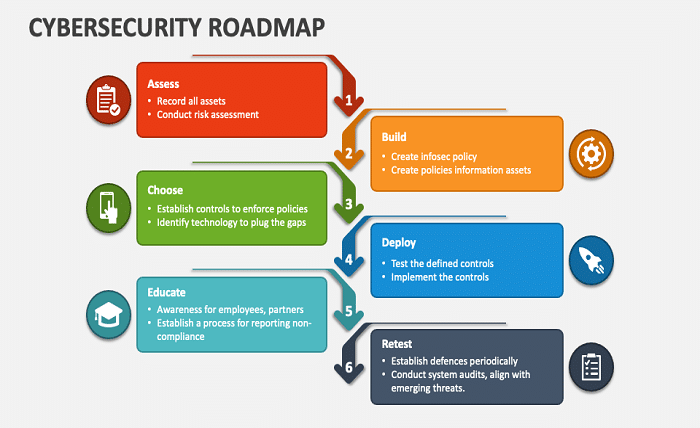The Fundamental Attribution Error (FAE) is a common psychological pitfall that affects our perception of others. This blog post explores the nuances of FAE, its effects on relationships, and strategies for overcoming it. We all make judgments about others based on their behavior. But sometimes, the way we interpret their actions can be skewed by a cognitive bias called the fundamental attribution error. This blog post dives into this fascinating phenomenon, exploring how it shapes our perceptions and how we can become more objective in our judgments.
Introduction to Fundamental Attribution Error
FAE occurs when we overemphasize personality-based explanations for behaviors observed in others while underestimating the influence of situational factors.
What is the Fundamental Attribution Error?
The fundamental attribution error is a tendency to overemphasize internal factors (personality traits, dispositions) when explaining the behavior of others, while underestimating the influence of external factors (situational pressures, circumstances) on their actions.
Why Does This Bias Exist?
There are several reasons why we fall prey to the fundamental attribution error:
- Perceptual Salience: We focus more on the person’s actions and characteristics that are readily observable, neglecting the less visible situational factors.
- Actor-Observer Bias: We tend to attribute our own behavior to situational factors but judge others’ behavior based on their personality.
- Fundamental Belief in a Just World: We might believe that people generally get what they deserve, leading us to attribute negative behaviors to bad character traits.
Examples of the Fundamental Attribution Error in Action:
Imagine these scenarios:
- The Rude Driver: You see someone cut you off in traffic. You might immediately label them as a “reckless driver” without considering they might be rushing someone to the hospital.
- The Grumpy Colleague: Your coworker seems short-tempered throughout the day. You might think they’re having a bad personality day, while in reality, they might be dealing with a stressful personal situation.
Strategies for Fairer Judgments
Here’s how to combat the fundamental attribution error:
- Consider the Situation: Ask yourself about the potential external factors influencing the person’s behavior.
- Seek Additional Information: Before forming an opinion, gather more context about the situation.
- Practice Empathy: Try to see things from the other person’s perspective and consider how you might react in a similar situation.
- Reflect on Your Biases: Be mindful of your own thinking patterns and actively challenge the tendency to overemphasize personality traits.
Origins of the Concept
The term was first introduced by social psychologists Lee Ross and Edward E. Jones in the 1970s, highlighting how people assess behaviors.
Everyday Examples of FAE
From misjudging a friend’s actions to misunderstanding a colleague’s intentions, FAE can lead to misconceptions in daily interactions.
FAE in the Workplace
FAE can create a toxic work environment by fostering misunderstandings and unfair judgments about colleagues’ motivations and actions.
Impact on Relationships
FAE can strain personal relationships, leading to conflicts and a lack of empathy towards others’ situations.
Cultural Influences on FAE
Cultural background plays a significant role in the prevalence of FAE, with individualistic societies more prone to this error than collectivist ones.
Strategies to Avoid FAE
Awareness and conscious effort to consider situational factors can help in mitigating the effects of FAE in our judgment.
FAE and Social Media
The rise of social media has amplified FAE, as people often make snap judgments based on limited information about others.
Conclusion
Understanding and acknowledging the Fundamental Attribution Error is crucial for fostering healthier interpersonal interactions and a more empathetic society.
FAQ
Q: Is FAE a universal phenomenon? A: While FAE is common, its prevalence can vary across different cultures and individual experiences.
Q: How can one reduce the impact of FAE in their life? A: By actively considering external factors that might influence behavior and practicing empathy, one can reduce the impact of FAE.
Q: Does the fundamental attribution error apply to how we judge ourselves as well? A: Yes, the opposite can also occur. We might downplay our own personality traits as reasons for our behavior and attribute it more to situational factors.
Q: Are there any cultural differences in the fundamental attribution error? A: Research suggests cultures that emphasize collectivism (group focus) might be less prone to this bias compared to individualistic cultures.





